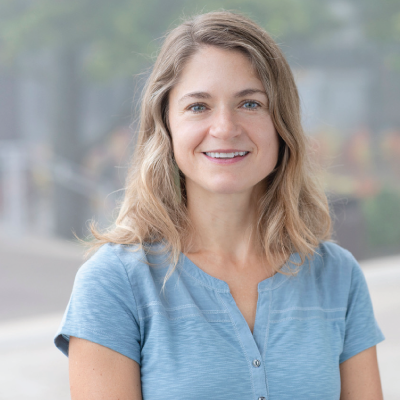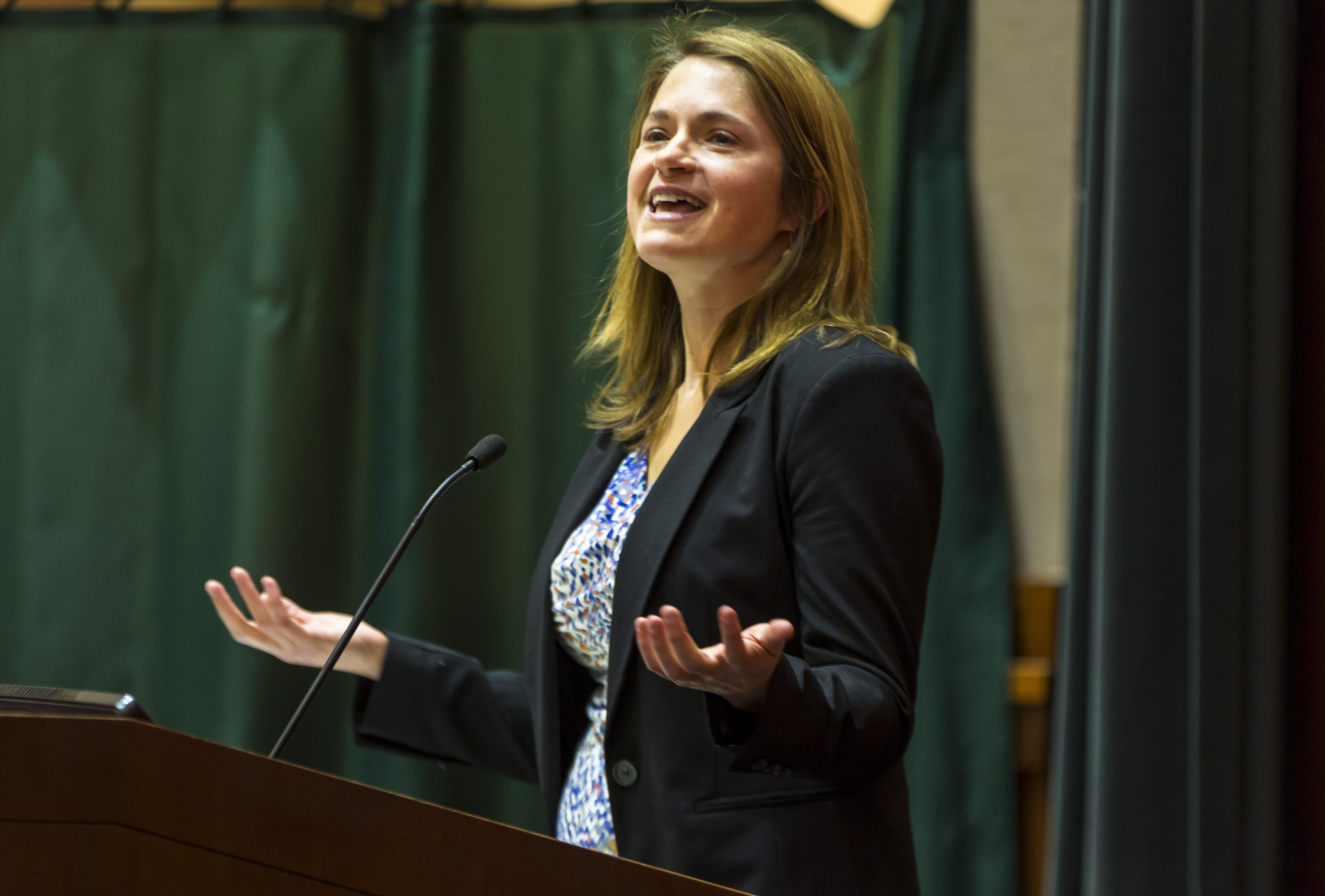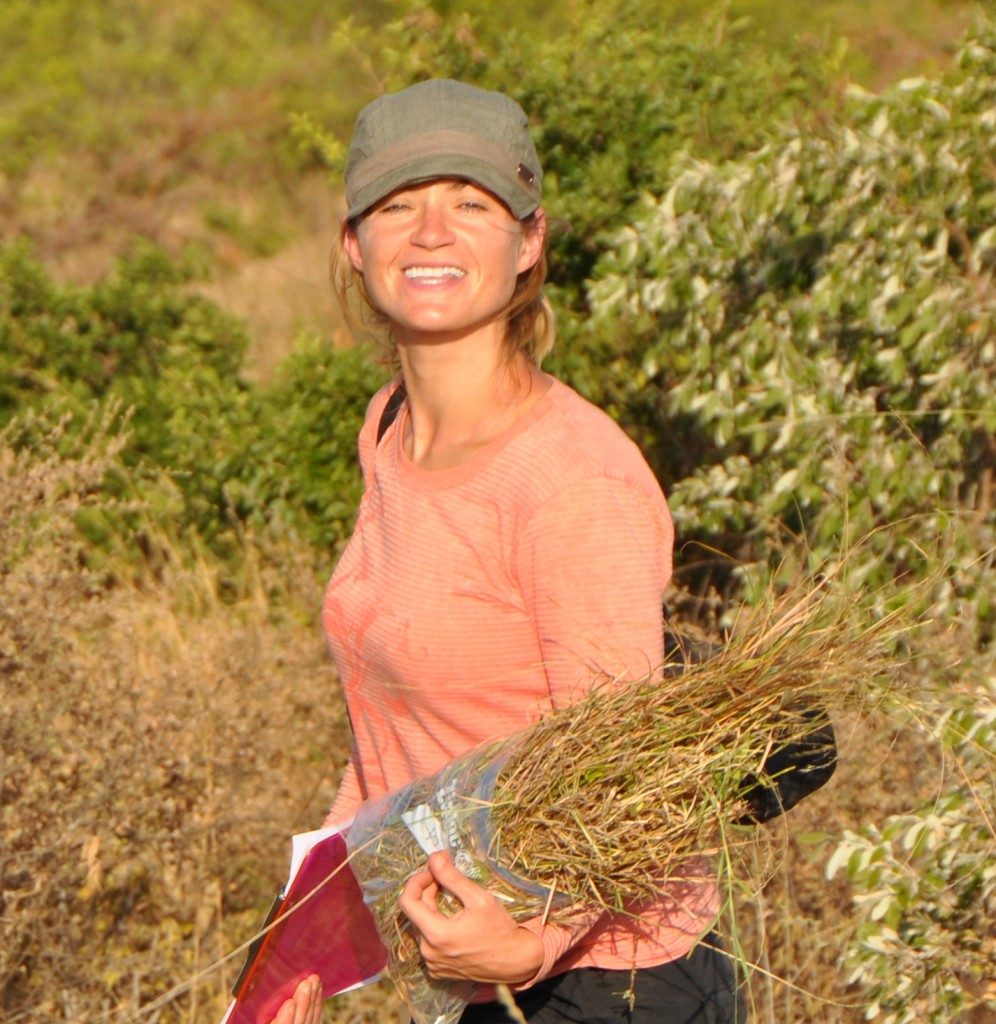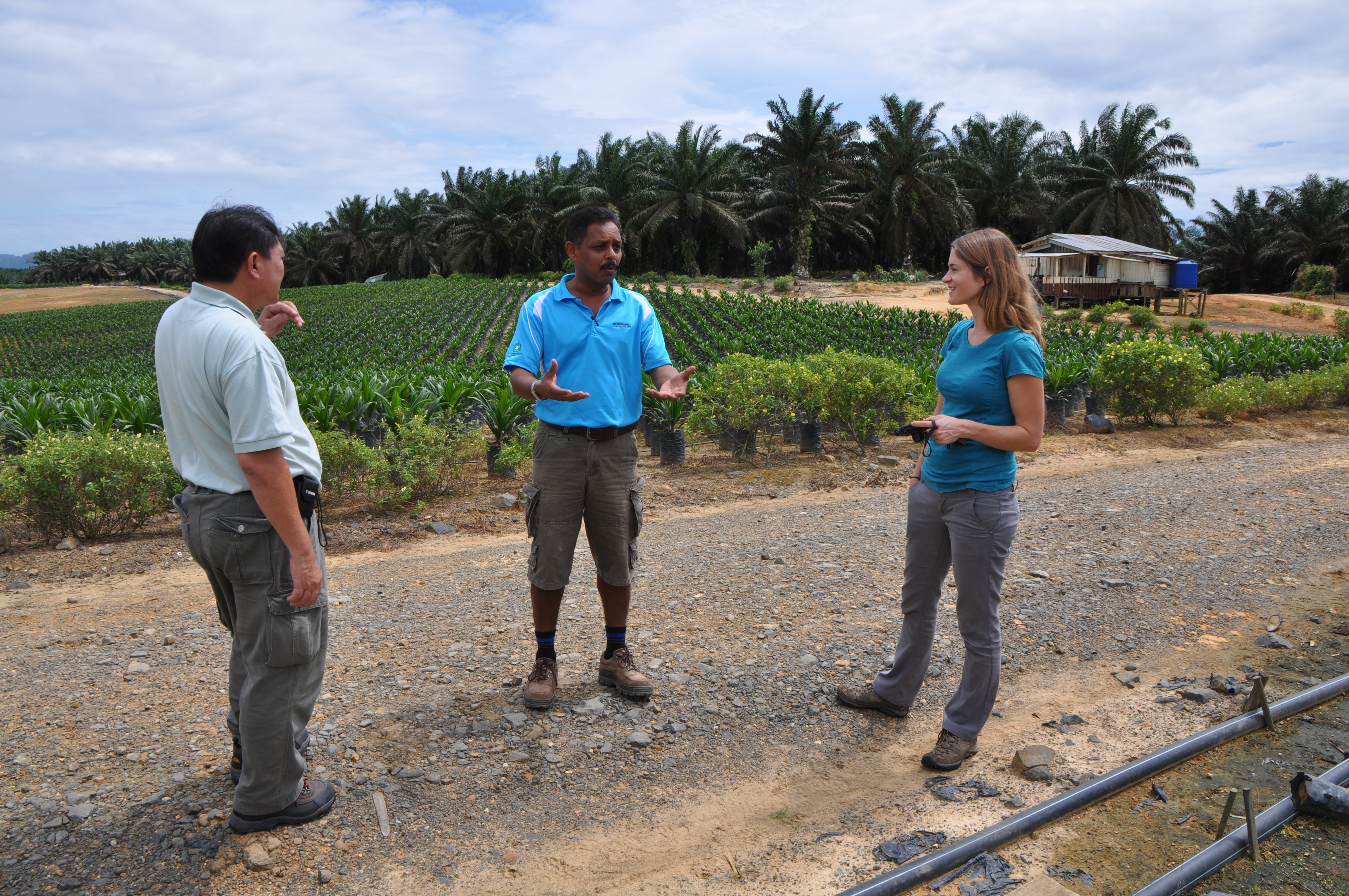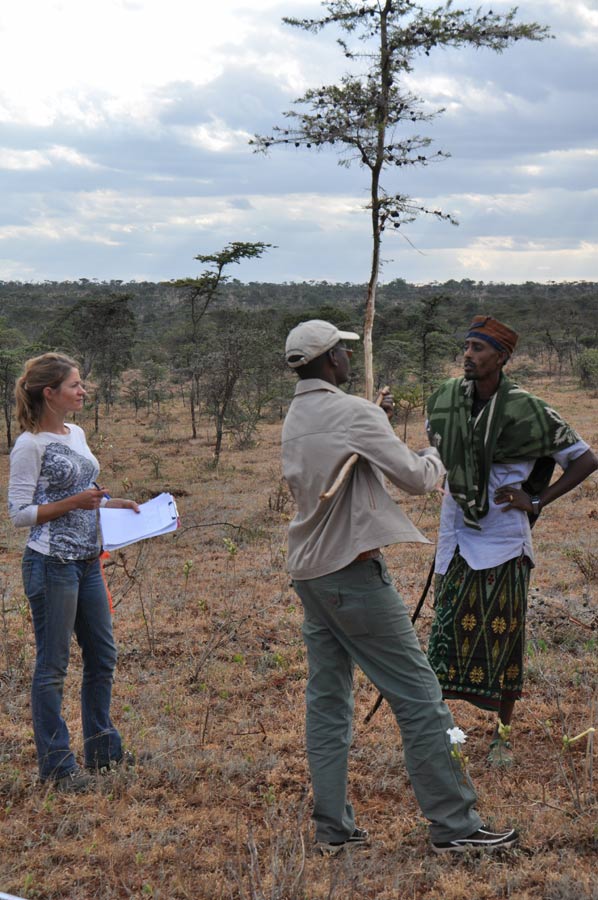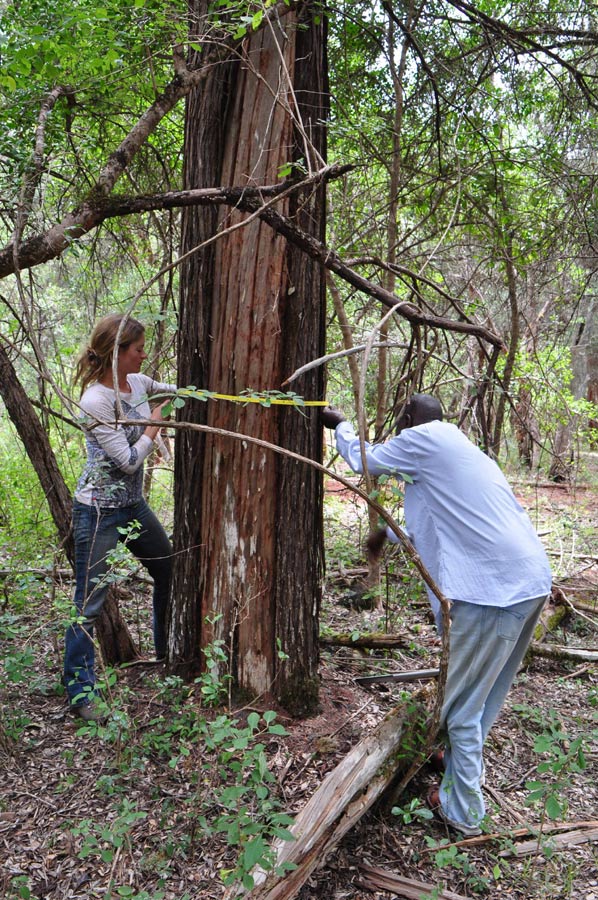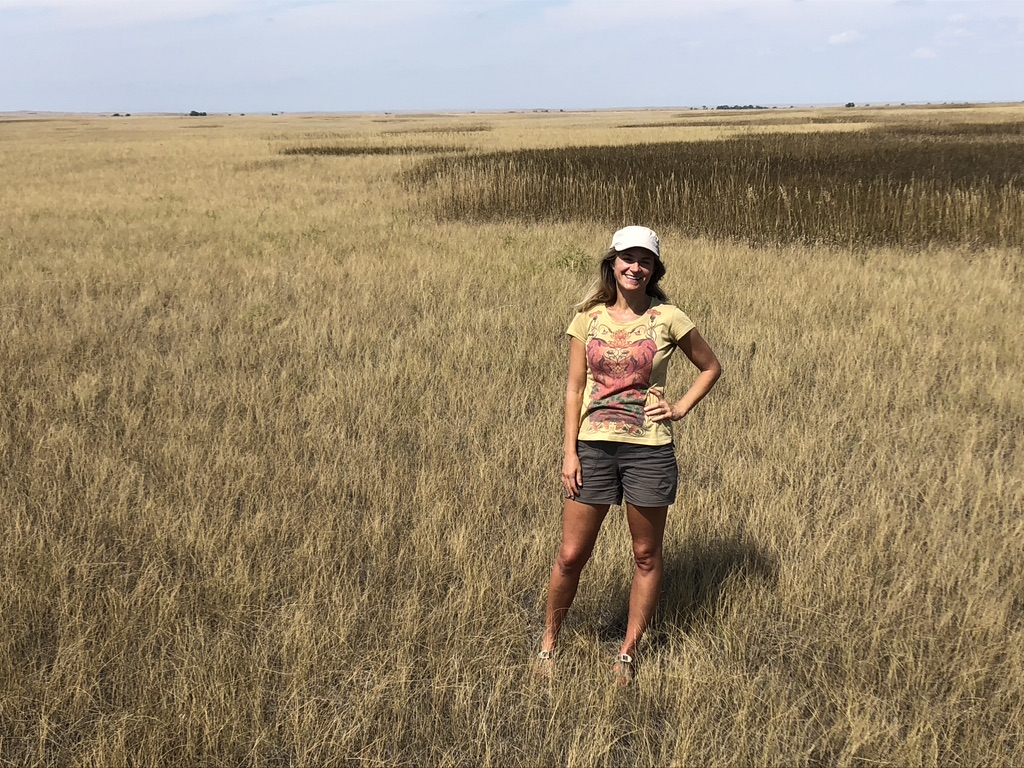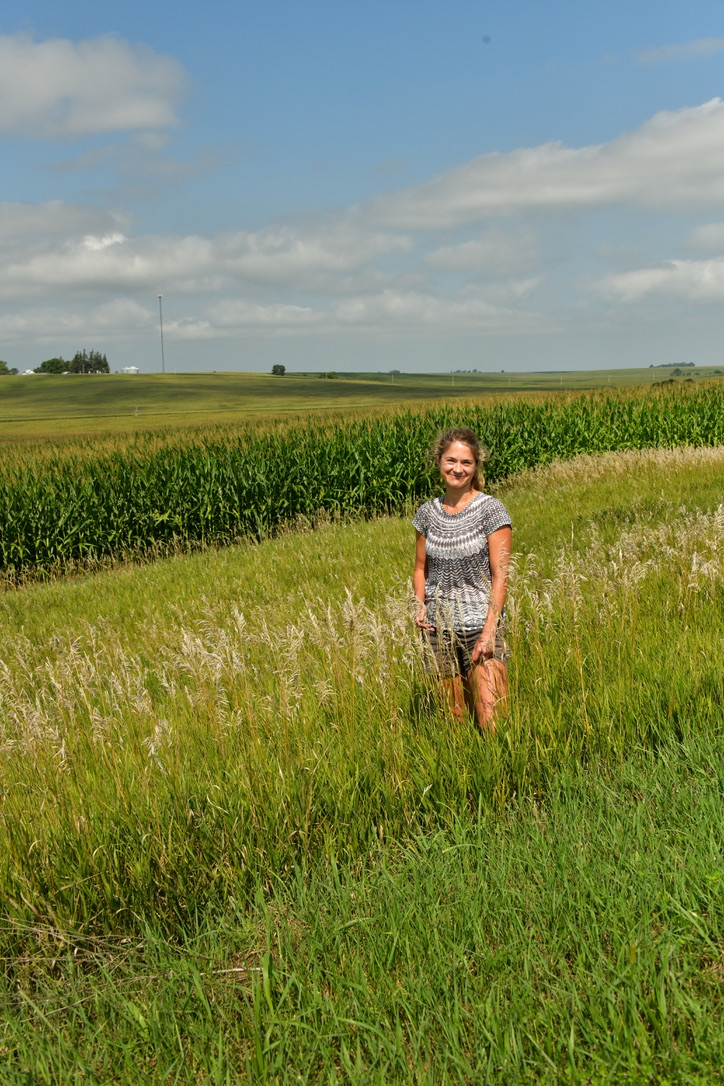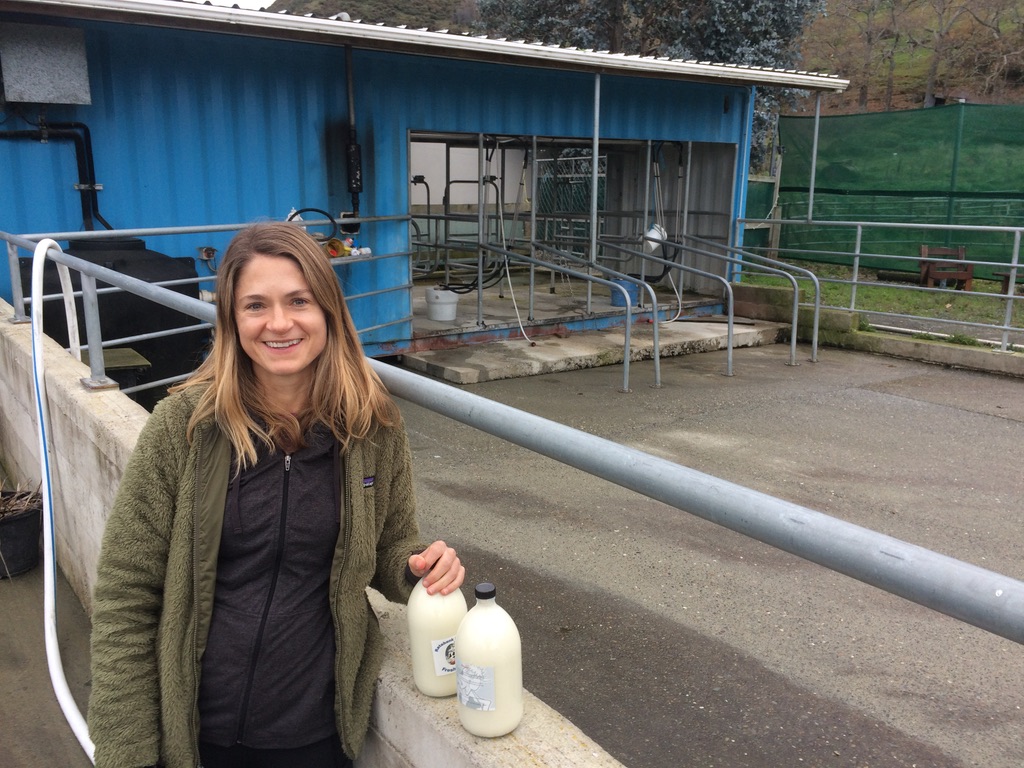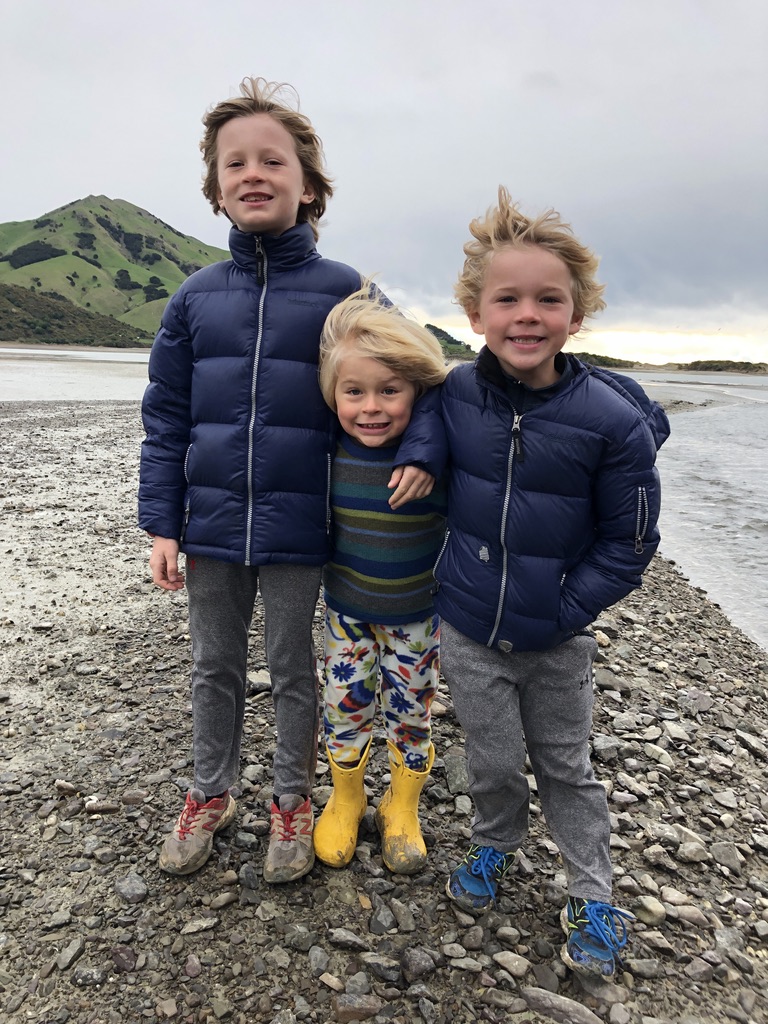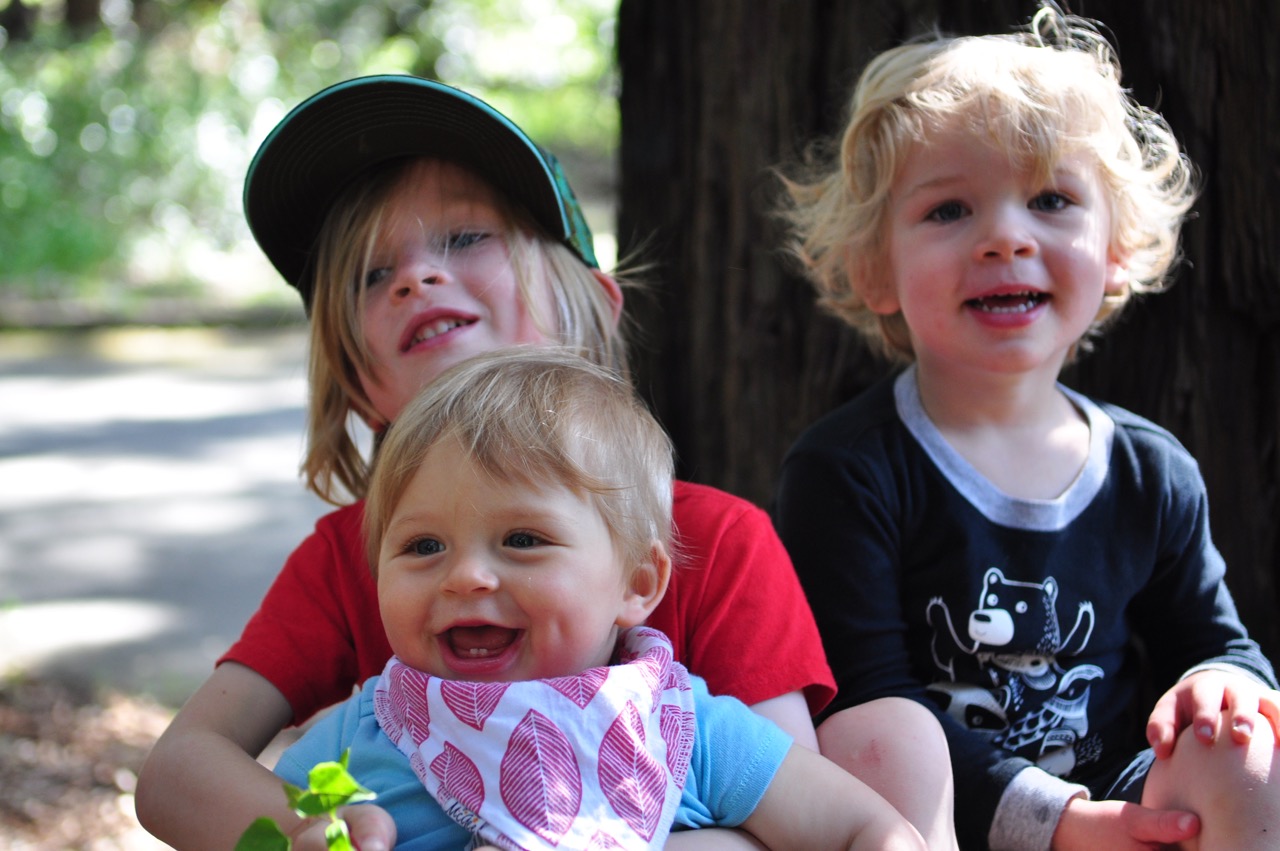Holly Gibbs is a geographer who studies how and why people use land around the world and what these changes mean for the future of our planet. She was trained as a physical scientist and focuses on interdisciplinary, applied questions around human-environment interactions, globalization, environment, and policy. She heads a highly trained team of staff scientists, economists, GIS analysts, cartographers, and student researchers who tackle interdisciplinary questions around Land System Science. Gibbs has developed novel methods that combine Big Data, AI-models, spatial analysis, remote sensing imagery, and econometrics with ground-based information on social and biophysical conditions. She uses this framework to improve our understanding of the causes, patterns, and effects of land use change at the global scale, and particularly of tropical deforestation in Brazil and cropland expansion in the United States.
Recently, Gibbs has focused on tracking the land sources for newly expanding croplands and how this is influenced by different policies. In particular, she has evaluated the outcomes of recent company-led efforts to reduce the deforestation caused by soybean and cattle pasture expansion in the Brazilian Amazon and beyond. As public scrutiny and pressure from environmental organizations has increased over the last decade, the agricultural industry responded by making public commitments to avoid all links to deforestation. She was the first to assess what these promises mean on the ground by using econometrics, field surveys, and maps of thousands of properties linked to different companies. Gibbs leveraged the academic advancements to develop a deforestation monitoring tool that is now being used by meatpacking companies in Brazil. Gibbs also works in the U.S. where she focuses on solutions for agricultural sustainability at local to national levels and is particularly interested in the impact of federal policies on land and water resources.
Since beginning her career at UW-Madison in 2011, Gibbs has been PI or Co-PI on awards totaling more than $56 million. Of these awards, more than $21 million have directly supported GLUE research activities. She has published in leading journals such as Science, Nature, and PNAS. Her papers have been cited more than 39,000 times and she has been a Clarivate’s Highly Cited Research List for the last two years (top 0.1% in Web of science).
She received the Gaylord Nelson Distinguished Professorship in 2025 and the AGU Piers J. Sellers Global Environmental Change Mid-Career Award and UW's Vilas Mid-Career Investigator Award in 2024. Clarviate has named Holly Gibbs in their list of Highly Cited Researchers (top 0.1% in Web of Science) for the last three years. Gibbs was also awarded the H.I. Romnes Faculty Fellowship in 2020 and was the 2017 winner of the “Deans Award for Distinguished Faculty Achievement”, named for Phil Certain and Dean Gary Sander. In 2018, Gibbs received an Office of Economic Cooperation and Development Research Fellowship for her sabbatical in New Zealand. She previously received the Chancellors Chancellor’s Distinguished Teaching Award (2016) and the University Housing Honored Instructor Award (2015).
Gibbs has taught hundreds of undergraduates in large lecture settings and has developed three graduate seminars, and two capstone courses for undergraduates. She encourages her students to directly engage with policy and outreach opportunities to make change now rather than after graduation. Students often lead semester long food sustainability projects where they connect with local communities, resulting in durable change. To support these efforts, Gibbs and her co-PIs have obtained three Sustainability Innovation in Research and Education (SIRE) grants and a one-time award from the Office of Sustainability (2013, 2014, 2015, 2016) among other teaching grants (2020, 2021).
Previously, Gibbs was a David H. Smith Conservation Research Fellow in the Program on Food Security and Environment at Stanford University. She earned her Ph.D. from the University of Wisconsin-Madison in the Center for Sustainability and the Global Environment (SAGE) where a DOE Global Change Environmental Fellowship supported her studies. Prior to moving to Madison, Gibbs worked as a Post-Masters Research Associate in Oak Ridge National Laboratory’s Environmental Sciences Division where she led remote- sensing and GIS research for global carbon and water cycle projects. She received a B.S. of Distinction in Natural Resources and M.S. in Environmental Science from The Ohio State University.
